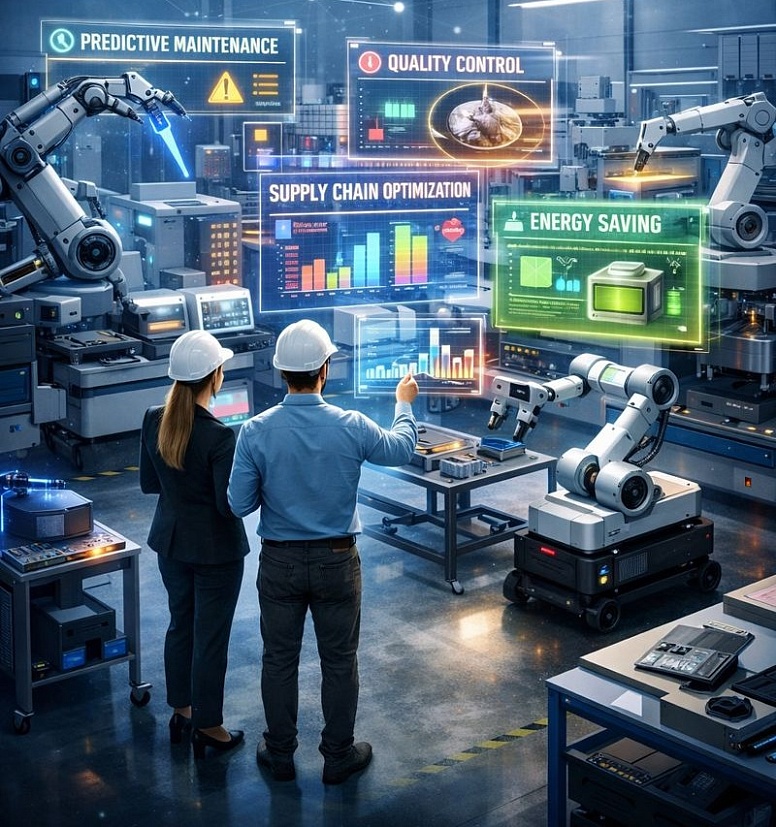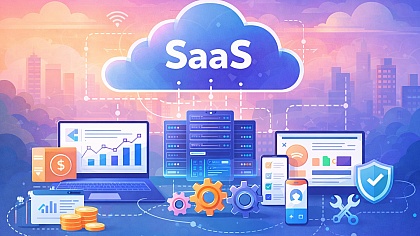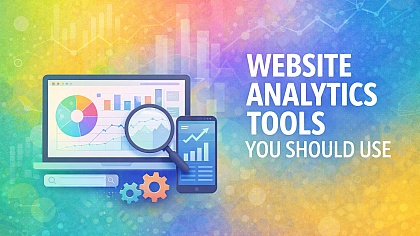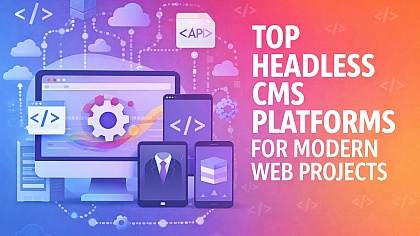
Smart Machines: How AI is Revolutionizing Manufacturing
Even the manufacturing industry has never lacked innovation, but what has uprooted and transformed industrial manufacturing the most is artificial intelligence (AI). Artificial intelligence is no longer about science fiction; it now drives the intelligent factory, changing the way goods are both made and managed.
Industry 4.0 AI in manufacturing is now essential, not a future concept, as the fourth industrial revolution is just beginning.
The meaning of AI in Manufacturing
Manufacturing AI is the technology that involves intelligent machines and algorithms capable of simulating the human decision-making and learning process. These are the systems that enable the data processing of machines, production lines, and supply chains to enhance efficiency, quality, and productivity.
AI helps manufacturers manage all the operations effectively with a low percentage of downtime, whether it is predictive maintenance or robotic process automation. AI can also be used to help machines think, recognize patterns, and make decisions, and it can improve performance over time.
Important AI Applications in the Manufacturing Industry
1. Predictive Maintenance
In the past, machines were either put to use until they broke or their maintenance was scheduled at every given interval. The introduction of Artificial Intelligence alters this by predicting when a given piece of equipment is bound to fail based on sensors and machine learning algorithms. This minimizes the unforeseen outage, saves on the repair expenses, and enhances operational efficiency.
2. Quality Control
Visual inspection systems that make use of AI are much more precise and quick in detecting defects in products than human inspectors are. Computer vision and deep learning enable these systems to examine product quality in real-time, guiding manufacturers to maintain standards and minimise waste.
3. Optimising the Supply Chain
The AI algorithms may be used to examine large amounts of data to predict demand and optimize the inventory and lead times. The result is a more responsive and efficient supply chain that can respond quickly to market demand changes.
4. Process Automation
AI and robotics combine to automate repetitive and labour-intensive processes on the factory floor. Cobots (collaborative robots) do their jobs in close cooperation with human workers doing the assembly, welding, and packaging in a consistent and precise way.
5. Energy Efficiency
Due to Smart AI systems, manufacturers can analyze and reduce energy usage. AI can make recommendations on how to change the operational process by studying the energy consumption patterns and causing huge cost savings and a smaller carbon footprint.
The Effect on the Labour Force

Artificial intelligence tends to be looked at suspiciously regarding its effects on employment. Nevertheless, the AI in manufacturing usually supplements the human worker's roles rather than replacing them. Repetitive as well as hazardous activities are computerized, enabling employees to devote their attention to more tactical, innovative, and management work. The transition also results in new employment opportunities in data management, maintenance of AI systems, and robotics engineering.
Difficulties in the Adoption of AI
Nevertheless, although there are significant positive outcomes of implementing AI in manufacturing, there are also challenges associated with this process:
Heavy Initial Costs: AI implementation may be expensive, particularly to small and medium-sized businesses.
Data Security: As manufacturers are more dependent on connected systems, they have to invest in tight cybersecurity.
Skill Gap: Skillful people who can use the AI technologies and process the data properly are in demand more and more.
Connection to the Legacy Systems: A lot of factories are hobbling with old machinery that has not been recently connected to the internet to be compatible with AI.
Future of AI in manufacturing
With the development of AI technology, its use cases in manufacturing are going to balloon. There will be even more personalization of the production line, completely autonomous factories with minimum human input, and even more fundamental fusion between AI and the Internet of Things (IoT). Such innovations will build a hyper-efficient, flexible, and smart manufacturing environment.
AI is not merely a gadget anymore; it is the revolution in manufacturing. Artificial intelligence is making production smarter, faster, and cheaper, especially in condition prediction of machines, better quality control, and all. As manufacturers embrace AI, they’re not just upgrading their factories—they’re reshaping the future of industry itself.














